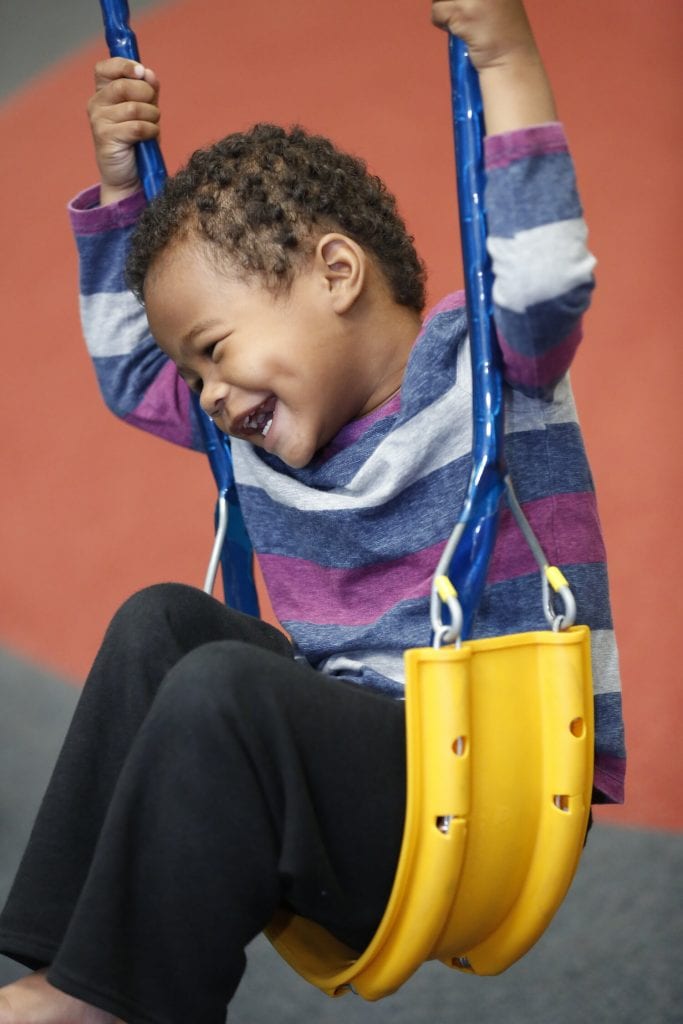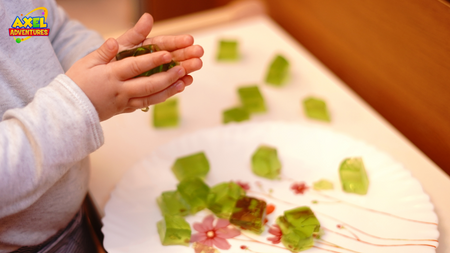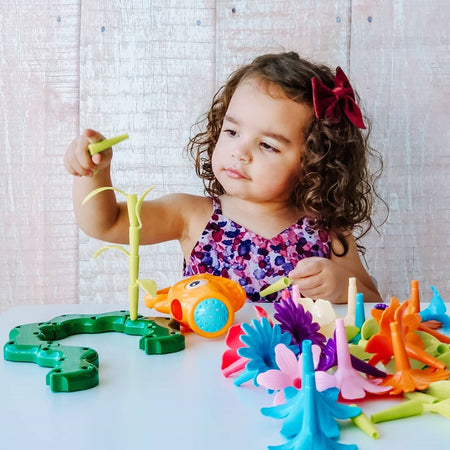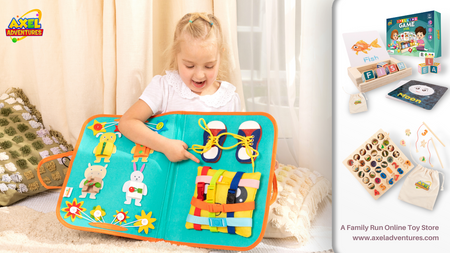Toddlers are fascinating little beings. They can go from laughing to crying in a split second, and so can their parents. The technical definition of a toddler is a child between the ages of 1 and 3, though some would consider this stage to extend to age 4. Toddlers’ brains develop at a rapid pace. Within a couple of years, most toddlers learn to walk, run, jump, ride a tricycle, climb and, yes, fall. They learn to talk, make associations, build, hold a crayon, feed themselves, play with toys, listen to stories and use their imaginations.
The toddler stage is filled with fun and new experiences, but it can also be challenging for children and their parents as the little ones learn to communicate their wants and needs.
Toddlers are really just trying to figure out: Am I a baby or a big kid? They go back and forth between the two often, might easily cry if they don’t get what they want, and also like to assert their independence. “I do it!” We all know the old adage “terrible twos.” But, if we do our best to keep our cool and use the right phrasing, we can make those twos pretty terrific.
Here are my top five tips for increasing your toddler’s cooperation and reducing their tantrums:
1. Use positive phrasing. Have you ever tried to tell a toddler not to do something? Did they listen? Try telling your toddler what to do instead of what not to do.
- “Turn the pages nicely” instead of “Stop ripping the book!”
- “I’m going to move Buddy until you have gentle hands” instead of “Don’t pull the dog’s tail!”
- “Say ‘all done’” instead of “Why did you throw your broccoli on the floor?”
- “You can sit on your knees or your bottom” instead of “No jumping on the couch!”

2. Praise desired behavior. Most kids love attention, especially from their parents. Praise, cheer and compliment following directions, communication, playing appropriately and effort for all of the new things they’re learning. This will increase those behaviors you want to see.
- “Thank you for asking so nicely. Sure, you can have a snack.”
- “I love how you’re playing so nicely with your toys. Can I play with you?”
- “You pet the doggy so gently!”
- “It makes me so happy when you take turns with your brother!”
- “Thanks for taking a bite of your green beans. You’re going to be so strong!”
3. Give choices. As toddlers transition from baby to big-kid status, they often seek control of their environment. Giving them lots of choices throughout their day lets them feel a sense of control and reduces whining, tantrums and negotiations. Keep the phrasing simple and hold up items, if they’re accessible, so they have a visual.
- “Blueberries or banana?”
- “Play at the park or in the backyard?”
- “Would you like to use crayons or markers?”
- “Do you want to get dressed or brush your teeth first?”
- “You can do it nicely or Mommy will help you.”
4. Prompt communication. Prompt your toddler to use their signs or words when they want or don’t want something, instead of whining or having a tantrum.
- If your child starts whining while reaching for a toy car, say, “I want car,” provide reinforcement if they imitate you (in part or in whole) and give them the car.
- If your child starts to scream because they can’t reach a book on a shelf, say, “Help me,” and help them if they repeat the phrase.
- If your child hits their sibling or playmate during a scuffle over a toy, say, “Use your words. Let’s ask Joey to take turns.” Stand next to your child and be prepared to block a hit or prompt the sibling to respond.
5. Give transition warnings. Prep your toddler for upcoming events, especially changes to the normal routine. Give them 2- and 1-minute warnings before transitioning away from an activity. Using “first-then” language to help them know what’s coming.
- “First, we’re going to clean up the Play-doh, then we can go outside!”
- “In 1 minute, we’re going to turn off Mickey and wash hands.”
- “Time to clean up and get ready for bed. Do you want to wear your dinosaur or Spider-Man jammies?”
- “In 5 minutes, we’re going to get in the car and go to Grandma’s house.”
Using these proactive strategies should help increase your toddler’s communication and decrease their tantrums – and your frustration.
_________________________
Mariko Fairly is a Board Certified Behavior Analyst and a mother of two. In her consultation practice, Parenting Fairly, she works with families to address challenges that arise in daily life: sleep training/challenges, toilet training, tantrums, defiance and aggression, and teaching appropriate alternative behaviors.
_________________________
https://www.laparent.com/toddler-tips-for-parents/?fbclid=IwAR01L_Fp-PbRZcvPUFbROFCmM_NsYxOH7LsrNsIxMNCzD0xDYUE6KWTgYDU







